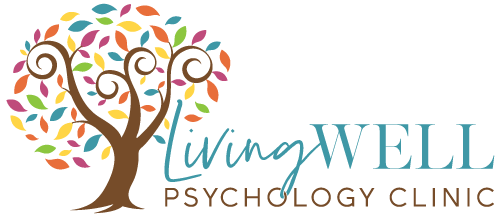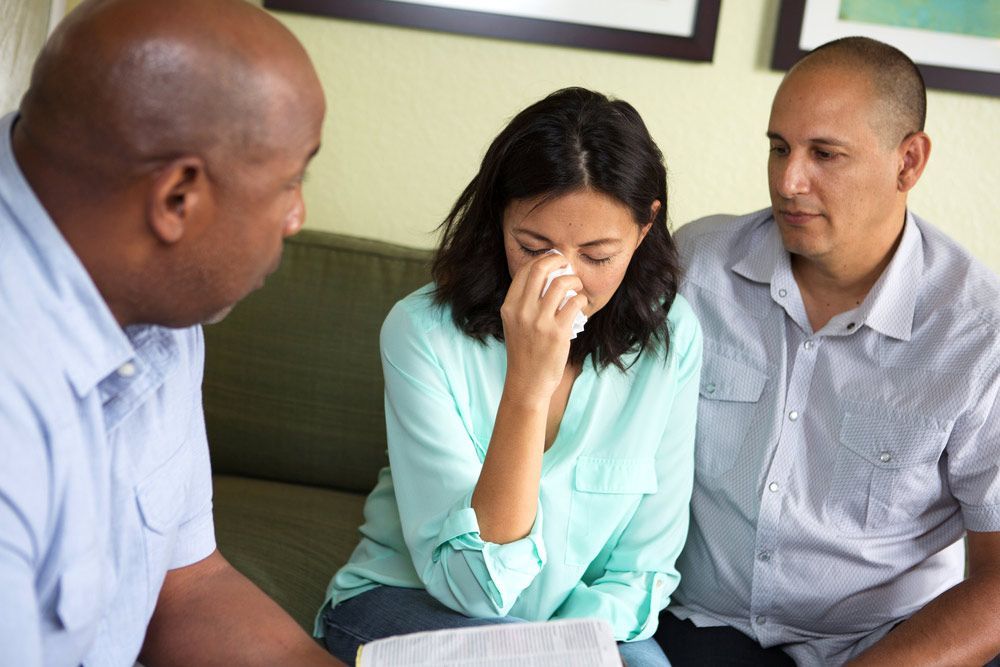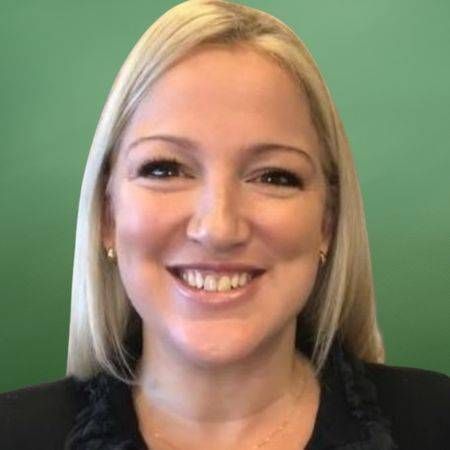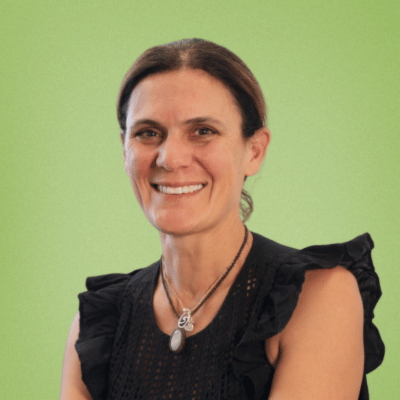Overcome Recent or Childhood Trauma
At Living Well Psychology Clinic, our trauma counselling service provides a safe, compassionate space to process and heal from difficult experiences. Trauma can stem from a variety of events, including accidents, abuse, grief or unexpected life changes. These experiences often leave lasting emotional and psychological impacts, such as anxiety, fear or difficulty coping with everyday life. Trauma counselling focuses on helping individuals regain a sense of control by addressing the effects of trauma on their thoughts, emotions and behaviours.
Through evidence-based approaches, we support clients in managing triggers, reducing distress and developing resilience. Our goal is to empower you to work through these challenges in a supportive environment, encouraging long-term recovery and personal growth. By fostering trust and providing personalised care, we help individuals move beyond their traumatic experiences and rebuild emotional balance and confidence.
Telehealth options are available for clients preferring remote sessions, ensuring accessibility and comfort during the counselling process. We can also assist with addiction, depression and PTSD specific therapies.
Frequently Asked Questions
What is the main goal of trauma counselling?
The primary aim of trauma counselling is to help individuals process distressing experiences in a way that reduces their emotional impact. This involves identifying triggers, addressing negative thought patterns and building strategies to manage anxiety or fear. Over time, counselling encourages emotional recovery, allowing individuals to regain confidence, improve relationships and return to a more balanced state of well-being.
Can trauma counselling work for both recent and long-term trauma
Yes, trauma counselling is effective for both recent and long-term trauma. For recent trauma, it can help prevent symptoms from becoming more severe or chronic. For long-term trauma, counselling works to address deeply ingrained patterns and unresolved emotions. Regardless of when the trauma occurred, therapy provides tools to manage symptoms, process emotions and move forward in a healthier way.
How Trauma Counselling Works
Trauma counselling begins with an assessment to understand the nature of your trauma, its impact and your current coping mechanisms. During sessions, we employ evidence-based techniques such as eye movement desensitisation and reprocessing (EMDR) and cognitive behaviour therapy (CBT). These approaches are designed to help process distressing memories, reframe unhelpful thoughts and reduce emotional reactivity.
EMDR uses bilateral stimulation, like guided eye movements, to desensitise traumatic memories and promote emotional healing. CBT focuses on identifying and challenging negative thought patterns that may arise as a result of trauma. We also incorporate mindfulness strategies to help regulate emotions and improve present-moment awareness.
Sessions are paced carefully to ensure comfort and safety, allowing clients to process their experiences without feeling overwhelmed. Regular progress reviews help adapt techniques to suit evolving needs, ensuring the counselling process aligns with your personal recovery goals.
When To Consider Trauma Counselling
Trauma counselling is designed to support individuals facing a wide range of challenges, including:
- Survivors of abuse: Those who have experienced physical, emotional or sexual abuse can benefit from techniques like EMDR to process and reduce distressing memories.
- Accident or disaster survivors: Trauma from car accidents or natural disasters can leave lingering fear or anxiety. Counselling helps address these feelings and rebuild confidence.
- Grief and loss: Losing a loved one can trigger deep emotional pain. Trauma counselling provides a space to navigate these feelings and work towards acceptance.
- Witnesses of traumatic events: Being a bystander to trauma can lead to feelings of helplessness or guilt. Therapy supports individuals in processing these complex emotions.
- Childhood trauma survivors: Early life trauma often has long-term effects. Counselling helps explore how these experiences impact current behaviours and relationships, fostering healing.



























